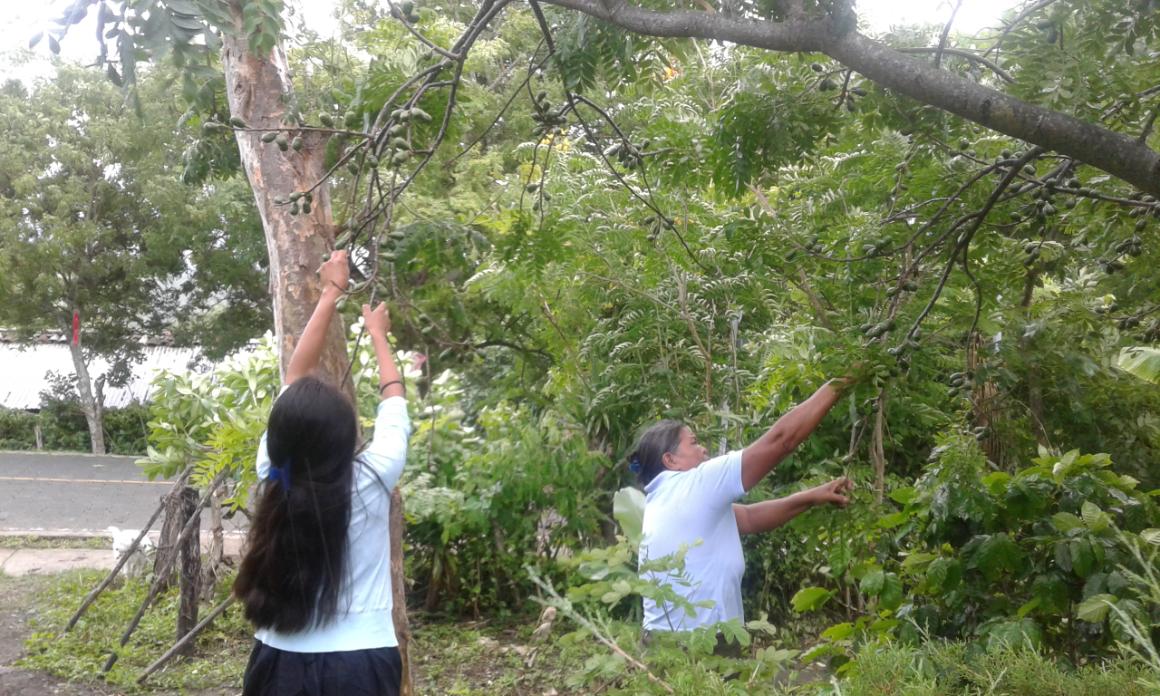
Faculty News: Chris Bacon Awarded National Science Foundation Grant
Nicaraguan farmers face droughts, hurricanes, and other extreme weather events exacerbated by climate change, food and agricultural price changes, COVID- 19, and ongoing poverty. The research focuses on assessing crop diversification as a strategy to mitigate risk and build resilience by decreasing dependence upon a single commodity, increasing incomes, and using agroecology to manage biodiverse farms and improve harvests.
This participatory research with farmers will assess the impacts of new approaches to diversification on disaster risk, livelihood capabilities, food security, diet diversity, gender equity, water security, and food sovereignty. Working together with long-term partners, including ASDENIC (the Association for Social Development in Nicaragua), several farmer cooperatives, and the Campesino-a-Campesino Movement, the research team will return to survey a subset of the same farmers it surveyed in 2014 and 2017, as well as conduct interviews, focus groups, and case studies to assess how farmers and institutions respond to these multiple hazards, what they are doing to develop innovative responses, and how they are learning agroecology and resilience.
Undergraduate research assistants and community leaders from rural Nicaragua will participate in data collection, analysis, results dissemination and writing.
Two farmers harvesting a small green fruit, jocote. Photo: PRODECOOP.